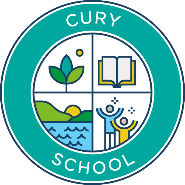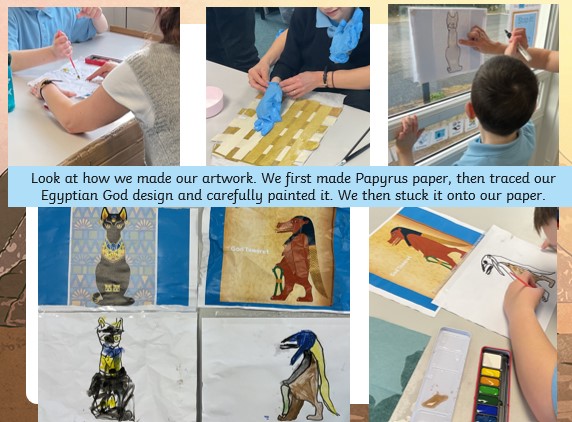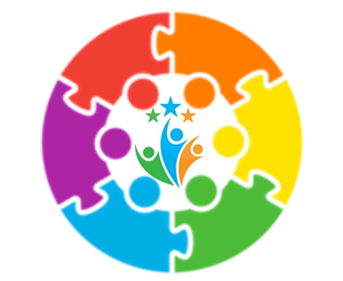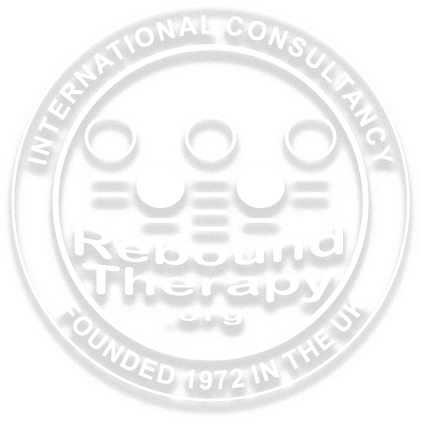Humanities

![]()
At Cury School, we aim to foster a love for humanities by inspiring pupils to think critically, question, and explore both the world around them and the past that has shaped it. Our Geography and History curriculum is designed to build curious, creative thinkers who can engage with the world’s diverse cultures, landscapes, and histories. We strive to empower pupils with a sense of identity and place, whether learning about their local environment, national heritage, or the global community. Through this approach, we aim to develop responsible, thoughtful individuals who are equipped to understand and improve the world around them. Our curriculum aligns with the National Curriculum and is designed to lay a strong foundation for future learning whilst our learning programmes are highly adapted and personalised for each pupil. Our curriculum offer aims to inspire a passion for discovery and develop a lifelong curiosity about the world and its history.
In Geography, we encourage pupils to become inquisitive explorers of the world. By developing geographical skills, knowledge, and fieldwork abilities, pupils will gain an understanding of places, environments, and how they change over time. They will question the world around them, explore how geography shapes our lives at various scales, and reflect on how they can influence the world for the better. The geographical concepts, skills, and vocabulary that they acquire will support them in their journey to become resourceful and active citizens.
In History, we aim to nurture pupils’ curiosity about the past and help them understand the significance of key historical events, figures, and periods. Pupils will build an understanding of chronology, societal change, and the connections between past and present. We seek to develop pupils' ability to analyse and interpret historical evidence, while encouraging them to reflect on the diversity of human experiences, cultures, and the impact of past actions on the present. Pupils will also begin to understand key historical concepts such as power, migration, trade, and civilisation, and gain empathy through learning about the complexities of people’s lives and the reasons behind their actions.
![]()
Our Geography curriculum is organised into four subheadings: locational knowledge, place knowledge, human and physical geography, and geographical skills and fieldwork. We enhance our fieldwork offer through opportunities on the school grounds, community visits, skills builder days and cultural experiences. Places will be revisited for different purposes to give pupils a thorough understanding of their locality, providing a solid foundation when comparing it with other places. This also enables pupils to consolidate their understanding of various methods and gives them the confidence to evaluate and discuss their learning confidently.
Our History curriculum focuses on chronology to allow pupils to explore the place and time of the period they are studying. Pupils will further develop their awareness of the past and know where people and events fit chronologically. The curriculum across the primary key stages is designed to support pupils in developing this chronological awareness. Pupils will gain knowledge and understanding of the following key concepts: change and continuity, cause and consequence, similarities and differences, historical significance, historical interpretations, sources of evidence. Pupils will have varied opportunities to learn how historians analyse the past and make judgements, then learn and apply these skills to create their own historical enquiries of study.
Our Geography and History topics have an enquiry question which pupils work toward answering by applying skills and gaining a solid understanding of the topic. These questions are open-ended with no preconceived answers and therefore are genuinely purposeful, engaging and accessible. Cross-curricular links are included throughout our whole curriculum offer allowing pupils to make connections and learn through engaging and enjoyable activities. Lessons incorporate various teaching strategies including inquiry-based learning, role play, independent working, paired or group work, practical hands-on, use of technology devices and community visits and will be adapted to support each pupil’s individual learning.
![]()
Our Humanities curriculum has a significant impact on student learning and development. Pupils develop a strong knowledge base in history and geography, gaining a deeper understanding of the world around them. Learners acquire the essential skills needed, including problem-solving, communication and collaboration, to become skilled researchers while developing empathy and a sense of global citizenship. Through exploring and answering the enquiry questions, children learn to question, investigate, collect, interpret and represent data, explore and communication ideas, and make informed conclusions by applying their knowledge. By fostering a love of learning and a sense of wonder, we empower our students to become informed and engaged citizens who are prepared to shape a better future. At Cury, we hope to shape children into curious and inspired geographers and historians with respect and appreciation for the world around them.








